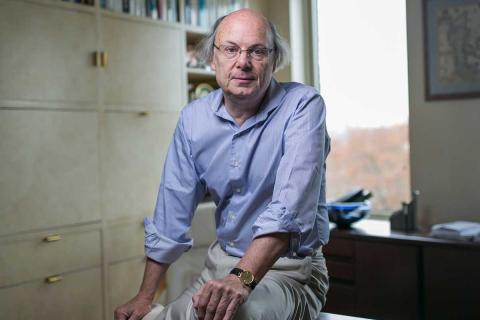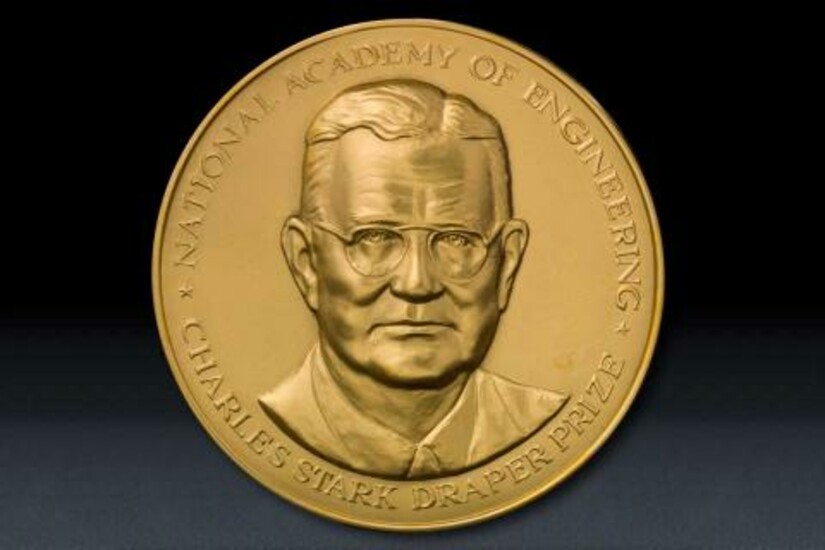Draper Prize for Engineering Rewards C++ Pioneer
CAMBRIDGE, MA—Though invisible to the general public, billions of people indirectly use the computer language C++ every day. The Google search engine is written in C++. Smartphones use C++ as well as much of the telecommunication systems that connect them. C++ is key to many of the tools of the movie industry and the higher levels of the Mars Rover software. C++ libraries underlie the current efforts in artificial intelligence, machine learning, autonomous vehicles and the cryptocurrency bitcoin.
In recognition of the significant benefit to society created by the creation and development of C++, the National Academy of Engineering (NAE) will honor Bjarne Stroustrup with the Charles Stark Draper Prize, the nation’s top engineering honor, during a Feb. 20 ceremony. The prize is awarded biennially, the recipient receives a $500,000 cash award and the prize recognizes achievements in all engineering disciplines.
“C++ stands as one of the most influential programming languages in the history of computing because it enables an environment for innovation,” said Draper President Kaigham J. Gabriel. “Bjarne successfully bridged the gap between a problem and its computing elements, making programming more accessible to more people.”
Stroustrup is a managing director in the technology division of Morgan Stanley in New York City, as well as a visiting professor in computer science at Columbia University. Stroustrup continues to commit himself to computer science research, including the further development of C++, distributed systems, design, programming techniques and software development tools. He received his Ph.D. in Computer Science from Cambridge University, where he is an honorary fellow of Churchill College. Stroustrup was elected to the National Academy of Engineering in 2004.
The Draper Prize was established in 1988 at the request of Draper to honor the memory of “Doc” Draper, the father of inertial navigation, and to increase public understanding of the contributions of engineering and technology.
Released January 22, 2018




